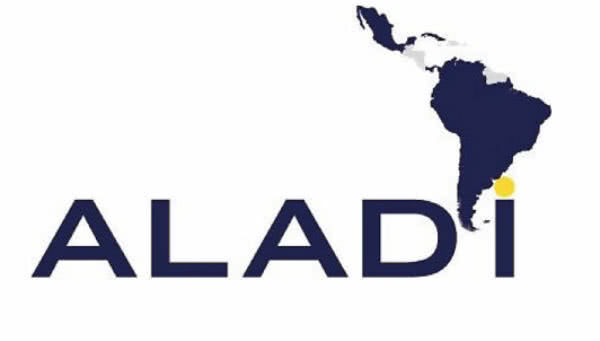THE Latin American Integration Association (ALADI) is an intergovernmental organization that brings together 13 Latin American countries.
Its objectives are to reduce customs duties on products traded in Latin America. Therefore, they promote technical and economic cooperation, and development of disadvantaged areas of the continent.
Read more about Latin America.
Origin
The origins of ALADI go back to 1960 when several Latin American countries got together in the Uruguayan capital to implement a free trade zone, the ALALC.
This initiative followed the same line of institutions that sought regional integration such as BENELUX or the European Economic Community.
Likewise, it aimed to protect the Latin American market from the influence of Americans and Europeans who were its main buyers.
Twenty years later, updating that project, ALADI was created in 1980 through the Montevideo Treaty.
At that time, several countries in the region such as Brazil, Argentina and Chile were under dictatorial regimes. However, this was not an impediment for governments to start this integration process.
Learn more about other regional blocks such as Mercosur and the CAN.

Structure and Organization
ALADI headquarters are located in Montevideo, Uruguay. Its structure is formed by the Council of Foreign Ministers, the Evaluation and Convergence Conference and the Representatives Committee.
This structure is coordinated by the General Secretariat.
The foreign ministers of the member countries meet periodically to evaluate and promote policies that increase Latin American economic integration.
Goals
- regional tariff preference, applied to products originating in member countries compared to tariffs in force for third countries;
- regional agreements (common to all member countries);
- partial scope agreements, with the participation of two or more countries in the area
- encourage exchanges between Latin American companies.
It also has a Virtual Training Center where anyone interested can take courses on the organization's functioning and on Latin American trade.
Features
ALADI covers an area of 20 million square kilometers and more than 510 million inhabitants. This corresponds to 91% of the American population.
According to 2014 data from the organization itself, the per capita income of an ALADI inhabitant is US$10,000.
Inter-regional trade, on the other hand, moves 170 billion dollars annually.
Difficulties for Integration
The difficulties for the success of a Latin American integration always come up against the same problems: lack of political will among member countries and funds.
Latin American countries are still very dependent on European countries, the United States and now, the Asian market. Thus, they tend to see their Latin American partners as smaller partners to achieve their business objectives.
Also, the lack of funds for infrastructure works that the region needs results in an increase in the cost of transporting goods. Thus, it is sometimes more attractive to export products to Europe than to a border country.
Member Countries
Bolivia
Brazil
Chile
Colombia
Cuba
Ecuador
Panama
Peru
Uruguay
Venezuela



